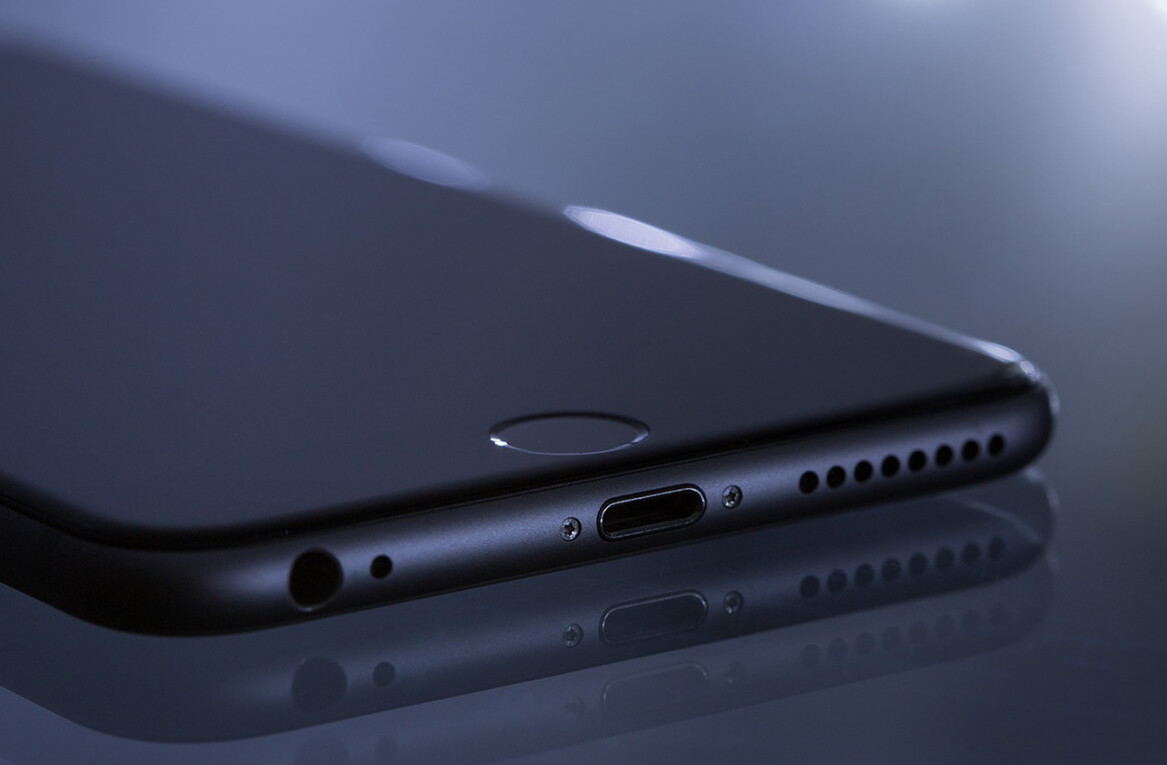
 Android firmware updates are quite tasty little treats, literally. As the dust settles around the release of Google’s latest firmware Froyo, everyone’s eyes have suddenly looked forward to the upcoming Gingerbread update, scheduled to drop at the end of this year.
Android firmware updates are quite tasty little treats, literally. As the dust settles around the release of Google’s latest firmware Froyo, everyone’s eyes have suddenly looked forward to the upcoming Gingerbread update, scheduled to drop at the end of this year.
If you were an early user of Android, you probably had to battle with the choices of having either a great device, or a great OS. Of course the choice to update the OS lies with the manufacturer, but Google has taken notice of this and started to push the choices back to the developers instead.
Speaking in an interview with Mercury News, Andy Rubin Vice President of Mobile Platforms at Google explained that Google has already slowed down the release schedule of its Android updates, with its product cycle now amounting to two updates a year. Grabbing the opportunity to introduce stability to the Android platform and give developers a chance to innovate without fear of having to update their apps too regularly, Google will eventually roll out a once yearly update.
Rubin said:
We’ve gone through a lot of product iterations because we had to bring the product up to market spec. Quite honestly, the product when we launched it, it didn’t really feel like a 1.0, it felt like kind of an 0.8, but it was a window of opportunity and the market needed an entrant at the holiday season.
So we launched it, and from our internal 0.8, we got to 1.0 pretty quickly, and we went through this iteration cycle. You’ve noticed, probably, that that’s slowed down a little bit. Our product cycle is now, basically twice a year, and it will probably end up being once a year when things start settling down, because a platform that’s moving — it’s hard for developers to keep up. I want developers to basically leverage the innovation. I don’t want developers to have to predict the innovation.
A lengthy spell between updates can have its downsides however, a regular update schedule can appease users who have begun to feel disillusioned with their current firmware build. With other smartphone operating systems evolving at a fast rate, the latest innovations in mobile technology might take longer to make it onto a users handset.
A yearly schedule could put an end to update delays, one thing that continues to frustrate current Android users. With notice of updates, one would think Google and its OEM’s could work together to release updates on time.
Get the TNW newsletter
Get the most important tech news in your inbox each week.




